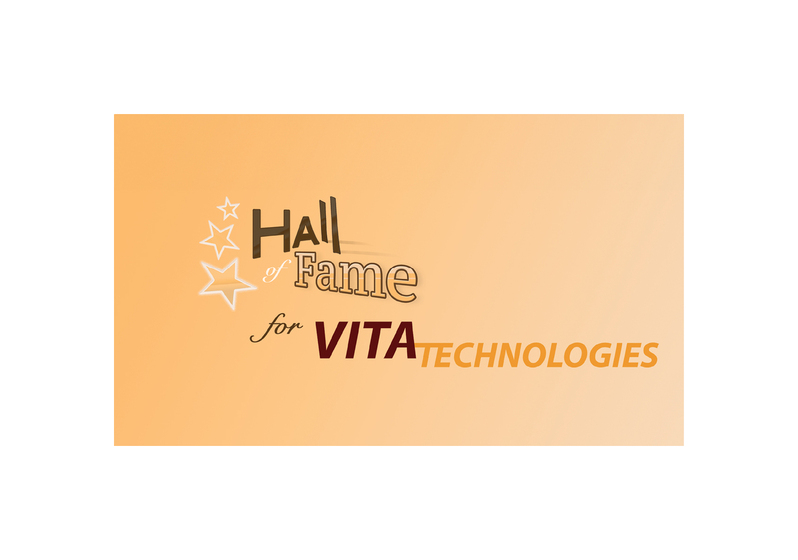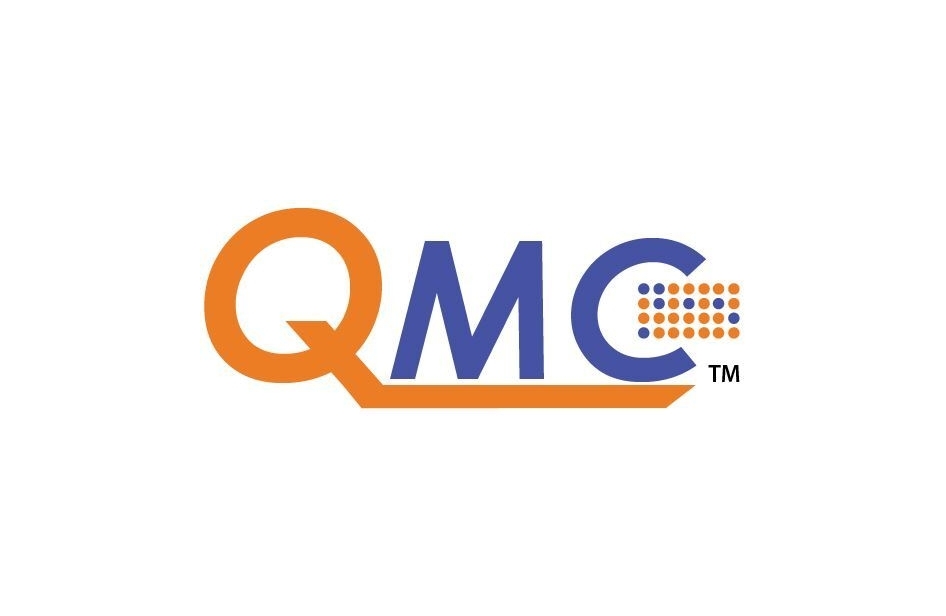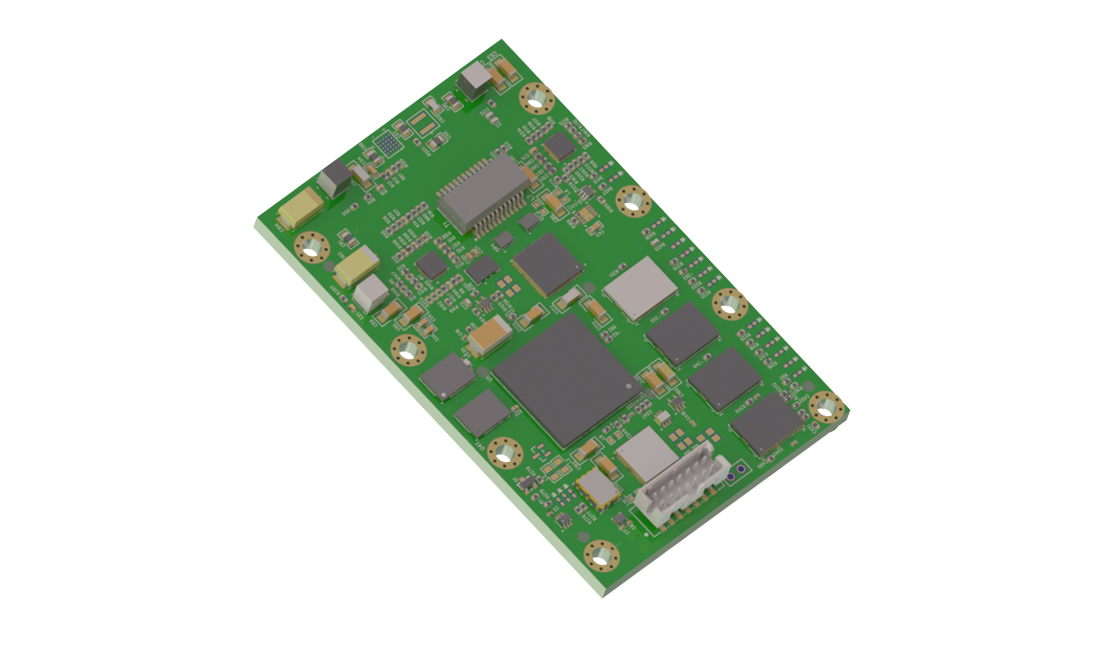Washington DC, USA and Cheltenham, UK – 8th October 2009. Artisan® Software Tools, the world’s largest independent supplier of industrial-grade, collaborative modeling tools for complex, mission and safety-critical systems and software, has announced that it has helped successfully steer UPDM (the Unified Profile for DoDAF/MODAF) to OMG standardization approval. The content definition and preparation of the UPDM 1.0 specification was led by Artisan and No-Magic as co-chairs of the UPDM Group, drawing on the extensive experience of Artisan’s customers in defining DoDAF/MODAF and other defense enterprise architectures using Artisan Studio®.
Standardization of UPDM has been achieved in record time using the Object Management Group’s (OMG) fast-track RFC standardization process resulting in the OMG formally approving UPDM as an OMG standard last week. The UPDM Group was formed in May 2008 and the draft specification was submitted on time to the OMG in September 2008.
“UPDM will generate enormous benefits for defense procurement and developers of military systems in terms of consistency, quality, tool interoperability, model interchange and cost savings.” said Matthew Hause, Chief Consulting Engineer at Artisan Software Tools and co-chair of the UPDM Group. “It is important to stress that UPDM is not a new Military Architectural Framework. Instead, it provides a consistent, standardized means to describe DoDAF and MODAF architectures in UML/SysML-based tools as well as a standard for model interchange and a better means for the flow-down from systems of systems to systems development.”
Fully endorsed by both the US Department of Defense (DoD) and the UK Ministry of Defence (MOD) and supported by NATO, the UPDM 1.0 specification defines an industry standard UML/SysML representation for DoDAF 1.5 and MODAF 1.2 compliant enterprise architectures. UPDM, however, will not be a static standard. Other Architectural Frameworks will be supported as UPDM is updated in the future to maintain model exchange compliance, including DoDAF v2.0 (which was recently released in June 2009), NAF (the NATO Architectural Framework) which is very similar to MODAF 1.2, and possibly aspects of the Canadian DNDAF framework.
“Artisan Software Tools’ modeling expertise and in-depth knowledge of DoDAF and MODAF greatly helped to steer this important specification through OMG’s fast, open, neutral standardization process in just a few months,” said Andrew Watson, OMG’s Technical Director. “I’m proud that OMG has been able to address the visual modeling needs of the defense community so quickly and effectively, and I’d like to thank Artisan for its important contribution to this project. I’m confident that using tools implementing OMG UPDM will rapidly become the accepted way to work with defense enterprise architectures.”
In a statement of support for UPDM standardization, Walter J. Okon, Enterprise Architecture & Standards Chief Information Officer at the Office of the Secretary of Defense said: “DoD support for UPDM has always been strong and never wavered, with the DoDAF architects meeting frequently with the UPDM working group to collaborate on modeling concepts and promote convergence. The DoD looks forward to the rapid adoption of UPDM as an industry standard and to the emergence of tools from vendors supporting DoDAF through the standardized UPDM Profile including architecture exchanges through the XML Metadata Interchange (XMI). Now that UPDM is a formal OMG commercial standard, the DoD will consider it for a mandated DoD standard in the DoD IT Standards Registry (DISR).”
“The high level operational benefits that UPDM delivers in terms of time and cost efficiencies are fundamentally important to our customers involved in military and aerospace systems development and we warmly welcome its approval as an OMG standard,” said James B. Gambrell, CEO of Artisan Software Tools. “We are delivering support for UPDM in Artisan Studio Version 7.1 which is due out next week. As a repository-based tool capable of supporting large teams and the levels of collaboration needed for complex architecture development, Artisan Studio is ideally suited for developers of mission and safety-critical systems.”
# # #
About the UPDM Group
The membership of the UPDM Group comprises development tool vendors and defense industry contractors along with representatives of the key Government agency stakeholders – the DoD in the USA and the UK’s MOD. The initial UPDM Group members included: Adaptive, Artisan Software Tools, BAE Systems, DoD, Embeddedplus Engineering, Generic AB representing the Swedish Armed Forces, Lockheed Martin, Mitre, MOD, No Magic, Raytheon, Rolls-Royce and Visumpoint. Other members joined during the finalization process including Mega, Unisys, Thales, and finally IBM. For more information visit: www.UPDM.com.
About Artisan Software Tools
Artisan® Software Tools is the world’s largest independent supplier of industrial-grade, collaborative modeling tools for complex, mission-critical systems and software. Artisan has delivered a stable, robust working environment to thousands of users across an extensive range of complex applications in demanding sectors including military, aerospace and defense, automotive and transportation, telecommunications and electronics, and medical. Artisan’s standards-based tool suite, Artisan Studio®, provides comprehensive support for the leading industry standards, including OMG SysML, UML and Architectural Frameworks. Artisan WorkbenchTM provides a fully integrated, collaborative engineering framework for the trouble-free deployment and maintenance of best-in-class tools for mission and safety-critical systems and software development. Artisan’s tools deliver on the promise of an integrated collaborative development environment – allowing systems and software engineering teams to Work as OneTM – from concept through to delivery, maintenance and support. Founded in 1997 with extensive venture capital backing, Artisan is headquartered in the USA and UK with offices in Germany and Italy, supported by a global distributor network. For more information visit: www.ArtisanSoftwareTools.com.






